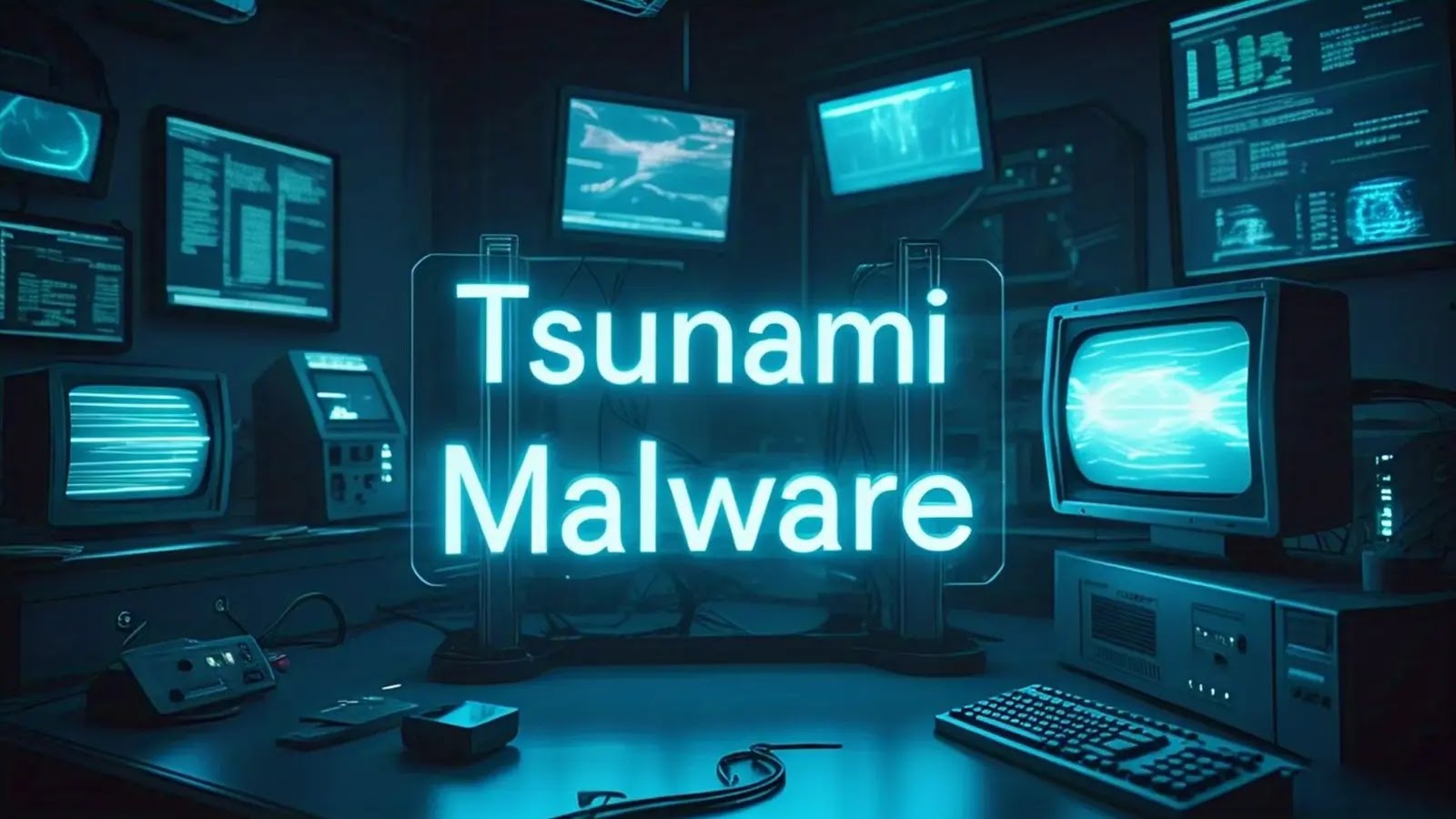In recent months, a financially motivated cybercriminal group known as Lionishackers has surfaced as a significant player in the illicit trade of corporate data. This group employs opportunistic targeting strategies, with a particular focus on organizations based in Asia. Utilizing automated SQL injection tools, they breach database servers, exfiltrate sensitive records, and subsequently list them for sale on underground forums and Telegram channels.
Unlike traditional ransomware attacks that encrypt data and demand payment for decryption keys, Lionishackers’ approach mirrors a form of double extortion. They monetize stolen data directly by selling it, thereby bypassing the need for encryption and ransom demands. This method not only streamlines their operations but also reduces the risk of detection associated with deploying ransomware payloads.
Emergence and Operational Tactics
According to analysts at Outpost24, Lionishackers first appeared on the cybercrime scene in September 2024. They quickly established a reputation by sharing proof-of-compromise screenshots and sample data excerpts across multiple underground platforms. This strategy served to validate their claims and attract potential buyers.
To evade long-term attribution while maintaining communication with buyers, the group employs numerous forum aliases, each linked to identical Telegram contact information. This tactic complicates efforts to trace their activities back to a single source, thereby enhancing their operational security.
Diversification of Services
Beyond the sale of corporate records, Lionishackers has diversified its offerings to include databases containing social media and email credentials. Additionally, they provide ancillary services such as Distributed Denial of Service (DDoS) botnets and forum hosting projects. This expansion indicates a strategic move to cater to a broader clientele within the cybercriminal ecosystem.
Impact on Targeted Organizations
The activities of Lionishackers have had a profound impact on a wide range of organizations. Victims include government bodies, telecommunications firms, pharmaceutical companies, educational institutions, retail chains, and notably, gambling sites. The data exfiltrated encompasses personally identifiable information (PII), financial records, and authentication credentials. Such information is highly valuable for identity theft, account takeovers, and corporate espionage.
The group’s focus on database exploitation underscores the growing threat posed by cybercriminals who can inflict significant reputational and financial damage without resorting to traditional ransomware tactics.
Technical Methodologies
Lionishackers primarily exploits SQL injection vulnerabilities found in poorly configured web applications. By leveraging tools like SQLmap, they automate the reconnaissance and payload delivery processes. A typical injection sequence observed involves probing for injectable parameters, enumerating databases, and extracting table contents. For example:
“`
sqlmap -u https://victim.com/product?id=1 \
–batch –dbs –threads=5 \
–tamper=space2comment –time-sec=10
“`
This command sequence allows the attackers to identify and exploit vulnerabilities efficiently.
Once credentials are obtained, the attackers often reuse valid login information to pivot deeper into internal networks. Persistence is achieved through the deployment of lightweight backdoors, frequently in the form of simple web shells. These are hidden in temporary directories or disguised as innocuous update scripts, making detection and removal more challenging.
Evolution of Criminal Enterprise
The transition from isolated database sales to additional offerings, such as the Ghost botnet for network-layer DDoS attacks, demonstrates the evolving nature of Lionishackers’ criminal enterprise. This diversification not only increases their revenue streams but also enhances their reputation within the cybercriminal community.
A Telegram advertisement showcasing Ghost’s capabilities highlights this expansion. Additionally, the short-lived Stressed Forums project, launched amid law enforcement scrutiny of BreachForums, indicates their adaptability and willingness to explore new ventures within the cybercrime landscape.
Infection Mechanism and Persistence Tactics
A closer examination reveals that Lionishackers primarily exploits SQL injection vulnerabilities in poorly configured web applications. By leveraging tools like SQLmap, they automate reconnaissance and payload delivery. A typical injection sequence observed by Outpost24 follows:
“`
sqlmap -u https://victim.com/product?id=1 \
–batch –dbs –threads=5 \
–tamper=space2comment –time-sec=10
“`
This command probes for injectable parameters, enumerates databases, and extracts table contents.
Once credentials are retrieved, the attackers often reuse valid login information to pivot deeper into internal networks. Persistence is achieved through the deployment of lightweight backdoors—frequently simple web shells—hidden in temporary directories or disguised as innocuous update scripts.
Recommendations for Mitigation
To mitigate the threat posed by groups like Lionishackers, organizations should implement the following measures:
1. Regular Security Audits: Conduct comprehensive security assessments to identify and remediate vulnerabilities, particularly those related to SQL injection.
2. Web Application Firewalls (WAFs): Deploy WAFs to detect and block malicious SQL queries and other common attack vectors.
3. Access Controls: Implement strict access controls and monitor for unusual login activities to detect potential credential misuse.
4. Employee Training: Educate employees about the risks of phishing and other social engineering tactics that could lead to credential compromise.
5. Incident Response Planning: Develop and regularly update incident response plans to ensure swift action in the event of a breach.
By proactively addressing these areas, organizations can reduce their susceptibility to attacks from groups like Lionishackers and protect their sensitive data from unauthorized access and exploitation.



